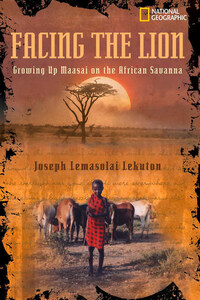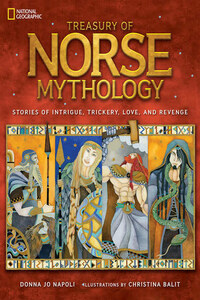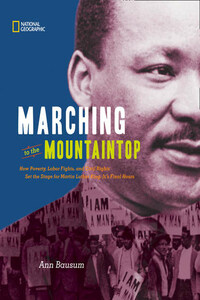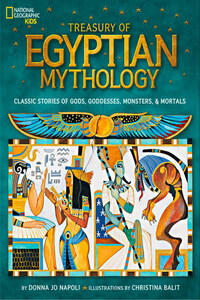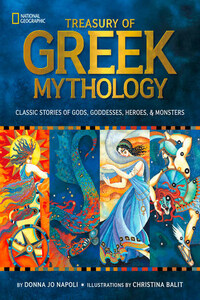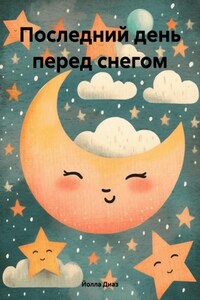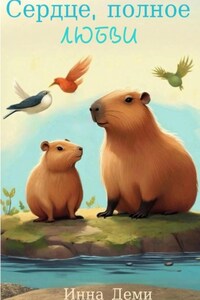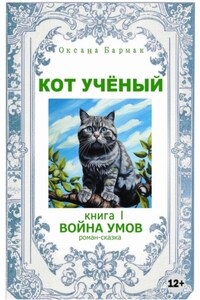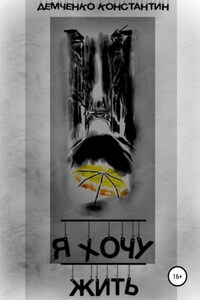Copyright © 2003 Joseph Lemasolai Lekuton with Herman Viola
Photographs copyright © 2003 Ashley Lefrak
Published by the National Geographic Society.
All rights reserved. Reproduction of the whole or any part of the contents without written permission from the National Geographic Society is strictly prohibited.
The verses that introduce each chapter come from a traditional Ariaal warrior song.
Library of Congress Cataloging-in-Publication Data
Lekuton, Joseph.
Facing the lion: growing up Maasai on the African savanna / by Joseph Lekuton with Herman J. Viola.
p. cm.
Summary: A member of the Maasai people describes his life as he grew up in a northern Kenya village and traveled to America to attend college.
ISBN: 978-1-4263-0667-9
1. Lekuton, Joseph—Juvenile literature. 2. Masai (African people)—Kenya—Biography—Juvenile literature. 3. Masai (African people)—Kenya—Social life and customs—Juvenile literature. [1. Lekuton, Joseph. 2. Masai (African people)—Biography. 3. Masai (African people)—Kenya—Social life and customs. 4. Blacks—Kenya—Biography.] I. Viola, Herman J. II. Title.
DT433.545.M33L45 2003
967.62?004965—dc21
2003000750
Version: 2017-07-05
These words are dedicated to my mother, Nkasiko.
Although unable to read or write, she gave me a priceless
education. And to my mothers in America, Bea, Ricki,
Jackie, Anne, Betty, and Kathleen, who reflected and
reinforced my mother’s philosophy of life.
And to all the nomadic boys and girls
who have similar stories.
My story is theirs;
I just had the chance to tell mine.
My sweet mother,
Don’t call me a baby.
I stopped being a baby when I was initiated.
I’M GOING TO TELL you the lion story.
Where I live in northern Kenya, the lion is a symbol of bravery and pride. Lions have a special presence. If you kill a lion, you are respected by everyone. Other warriors even make up songs about how brave you are. So it is every warrior’s dream to kill a lion at one point or another. Growing up, I’d had a lot of interaction with wild animals—elephants, rhinos, cape buffalo, hyenas. But at the time of this story—when I was about 14—I’d never come face-to-face with a lion, ever. I’d heard stories from all the young warriors who told me, “Wow, you know yesterday we chased this lion—” bragging about it. And I always said, “Big deal.” What’s the big deal about a lion? It’s just an animal. If I can defend myself against elephants or rhinos, I thought, why not a lion?
I WAS JUST BACK from school for vacation. It was December, and there was enough rain. It was green and beautiful everywhere. The cows were giving plenty of milk. In order to get them away from ticks, the cattle had been taken down to the lowlands. There’s good grass there, though it’s drier than in the high country, with some rocks here and there. There are no ticks, so you don’t have to worry about the health of the cattle, but the area is known for its fierce lions. They roam freely there, as if they own the land.
I spent two days in the village with my mom, then my brother Ngoliong came home to have his hair braided and asked me to go to the cattle camp along with an elder who was on his way there. I’d say the cattle camp was 18 to 24 miles away, depending on the route, through some rocky areas and a lot of shrubs. My spear was broken, so I left it at home. I carried a small stick and a small club. I wore my nanga, which is a red cloth, tied around my waist.
It took us all day to get there, but at sunset we were walking through the gap in the acacia-branch fence that surrounded our camp. There were several cattle camps scattered over a five-mile radius. At night we could see fires in the distance, so we knew that we were not alone. As soon as we got there my brother Lmatarion told us that two lions had been terrorizing the camps. But lions are smart. Like thieves, they go somewhere, they look, they take, but they don’t go back to the same place again.
Well, that was our unlucky day. That evening when the cows got back from grazing, we had a lot of milk to drink, so we were well fed. We sat together around the fire and sang songs—songs about our girlfriends, bravery songs. We swapped stories, and I told stories about school. The others were always curious to understand school. There were four families in the camp, but most of the older warriors were back at the village seeing their girlfriends and getting their hair braided. So there were only three experienced warriors who could fight a lion, plus the one elder who had come down with me. The rest of us were younger.
We went to bed around 11:30 or 12. We all slept out under the stars in the cattle camp—no bed, just a cowhide spread on bare soil. And at night it gets cold in those desert areas. For a cover I used the nanga that I had worn during the day. The piece of cloth barely covered my body, and I kept trying to make it longer and pull it close around me, but it wouldn’t stretch. I curled myself underneath it trying to stay warm.
